

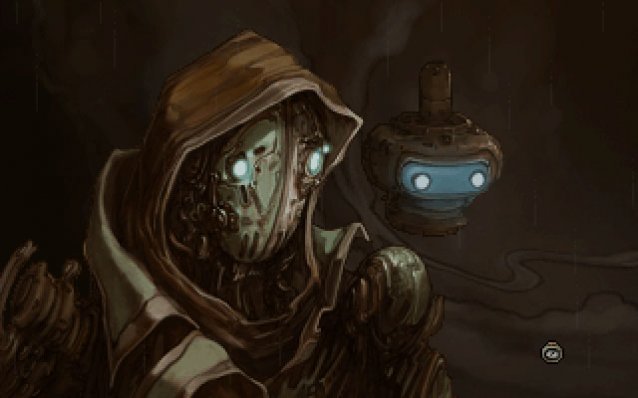
Primordia features no human beings and yet manages to tell a very human story. While Man is long gone from the Earth, He has left behind a post-apocalyptic mess with His fingerprints all over it. The robots that have taken His place as keepers of the planet are His confused children, looking for or otherwise lacking purpose. There's an underlying motif here about generations that try to throw off or cling to the legacy of their forebears, and it's not the only theme the game flirts with just long enough to get you thinking.
One of these lost souls is Horatio, the fifth iteration of a robot that remembers none of the previous ones. He rejects the complication of new stimuli, preferring instead to live with only his sarcastic but clearly beloved floating droid Crispin for company, his time spent in diligent study of the mythical Man. Basically, he's the typical reluctant hero, though the fact that he's made of metal does provide some novelty.

His call to action comes in the form of an abrasive stranger who breaks into his airship home and steals his most valuable possession: the energy core that keeps both him and Crispin “alive”. This PC adventure game is essentially one long fetch quest, but with hours of steps in between Horatio and his goal. As the gameplay gets more elaborate, Horatio's stoical resolve to just do what it takes to get his life back to the way it was begins to unravel. The gameplay and the narrative are closely in parallel, cleverly designed so that as things get more complicated for Horatio, so too do things get more complicated for you.
But both aspects start off simply. After the theft, the first order of the day is a practical one: get the generator running so that Horatio and Crispin can recharge their batteries. Naturally, this is a matter of searching the immediate environment for objects that can be used alone or combined with each other to serve particular purposes. You learn how the standard adventure game tools are implemented: how to investigate things for a short and often witty description from Horatio, pick things up, and access your inventory to examine those things or use them on other things in the environment. Unique to this game, you also learn that you can use Crispin on the environment too, sending him to fly over to something Horatio can't reach. Once you've figured out the basics, solving these kinds of puzzles is refreshingly innovative, and you won't spend nearly as much time clicking things at random as you would in other adventure games.
This tutorial takes place within the confines of the airship and the surrounding area, and gives the player a chance to get to know the pair in isolation before they set off into the wider world. These are well-developed characters, especially for robots, and their conversation has real chemistry. It feels natural, too, and is an effective method of exposition; as they talk to each other the player learns a little about their history. It's even useful when Crispin – the chattier of the pair – thinks out loud, as he muses over things that the player might have forgotten about.
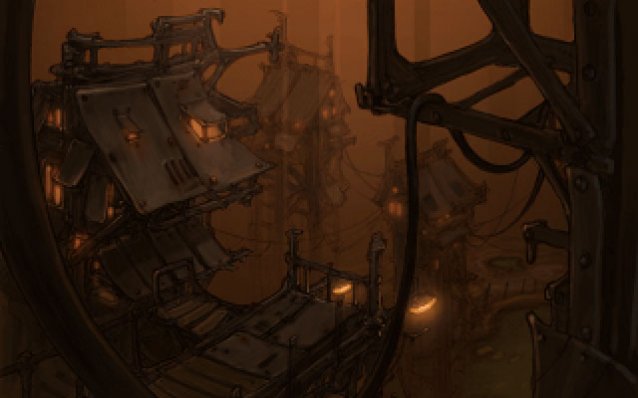
This becomes far handier when Horatio and Crispin leave their home and set off for Metropol, where the bulk of the story develops. Though the format of the game remains the same, with discrete areas to explore for the necessary objects to progress, the pair face more varied puzzles as they get closer to their goal. Soon after leaving the airship you come across a conversation puzzle, for example, though that can be solved with trial and error with no penalty. In Metropol you have to type in text to manipulate an information kiosk, and that is both challenging and fun. Soon enough you'll find yourself occasionally making notes, or accessing the data stored in the same device that holds Horatio's map.
Unfortunately, though perhaps unsurprisingly in a world dominated by machines, a lot of the puzzles involve discovering and inputting numerical codes. A particularly arbitrary example is when you're sent to talk to a variety of robots who should know the many-digit code but each only gives you fragments, because of either memory loss or convenient stubbornness. The point is to encourage the player to rearrange the fragments (some of which overlap) and use logic to work out the full code, but you can even skip that step by getting another robot to do the hard work for you.
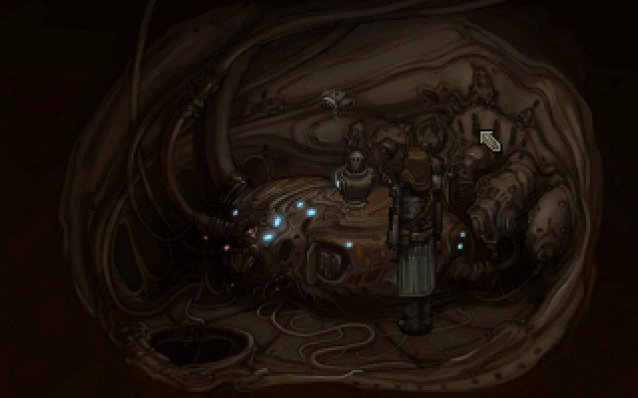
The writing provides light relief at these moments, as Crispin chimes in with a joke or two about the repetitive nature of the puzzles as the game progresses, but it doesn't quite make up for how forced these things can feel, like when Horatio inexplicably knows the difference between a string of digits that is part of the particular code they're looking for and one that isn't. The humour is a strong asset in general, however, balancing out Horatio's grumpy reluctance. If you're paying attention, you'll catch plenty of cultural references – like when a trader robot (prone to giving vague descriptions for the items he'll accept for exchange) says he'll trade a water chip for a G.E.C.K. – that are sure to make you smile.
These moments become especially precious towards the end of the game, when the story takes a darker turn. The ending is far deeper than you might expect after a journey punctuated with comical quips, and even provides the player with a complex choice to make. Not only does this moment combine with the few other choices dotted throughout the game to encourage a replay or two, but it's also the point at which it hits you that the creators have managed to make you care about the feelings and desires of a machine. And that alone is enough to recommend this game.
8 out of 10
Primordia was developed by Wormwood Studios and published by Wadjet Eye Games. It was released on December 5, at the MSRP of $9.99. A copy was provided by the publisher for the purposes of review.

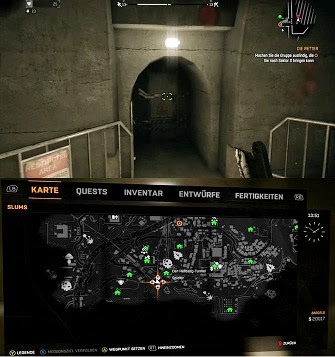
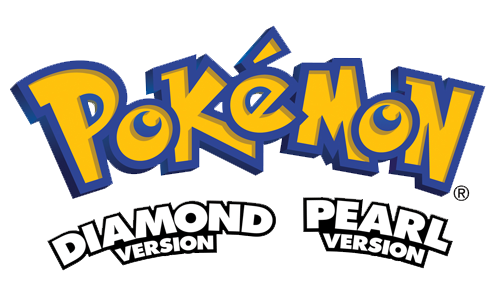
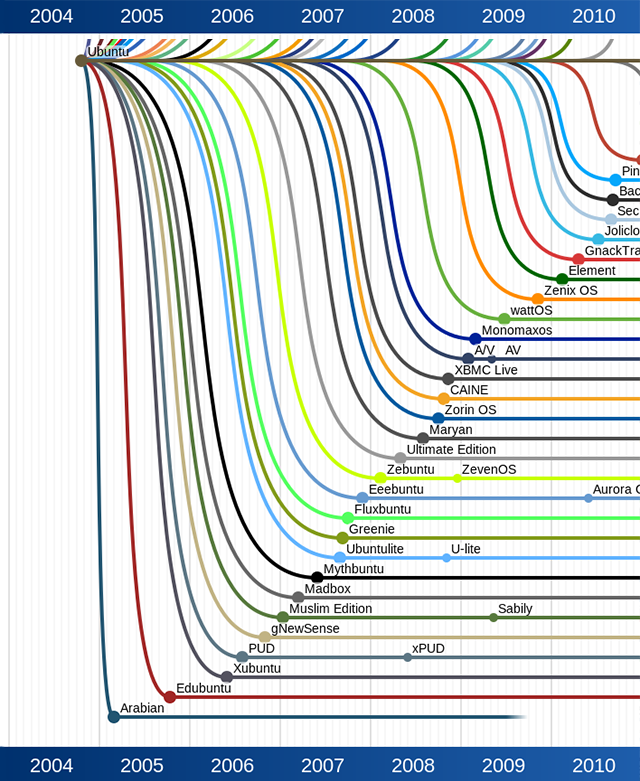
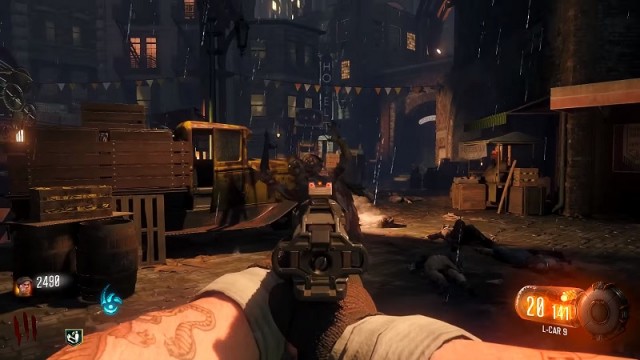 How To Have Colored Name In Leadeboards In Call of Duty: Black Ops III
How To Have Colored Name In Leadeboards In Call of Duty: Black Ops III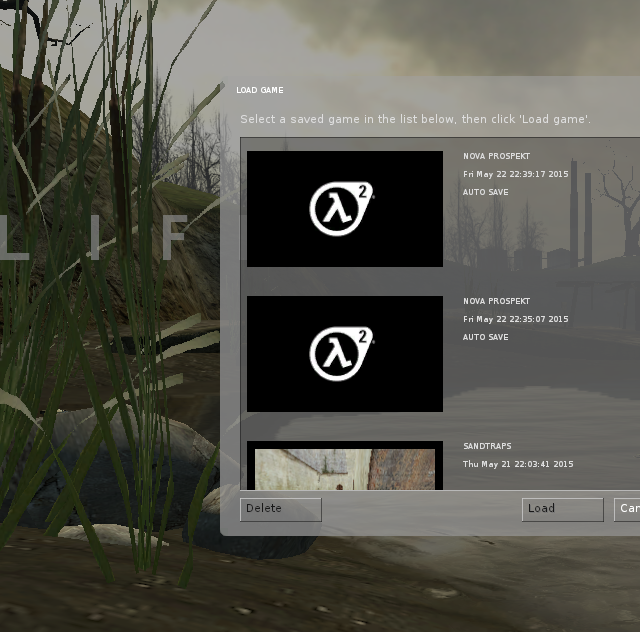 How to Install Steam and Start Gaming on Linux
How to Install Steam and Start Gaming on Linux Cleaning Out The Bureau Guide In GTA V
Cleaning Out The Bureau Guide In GTA V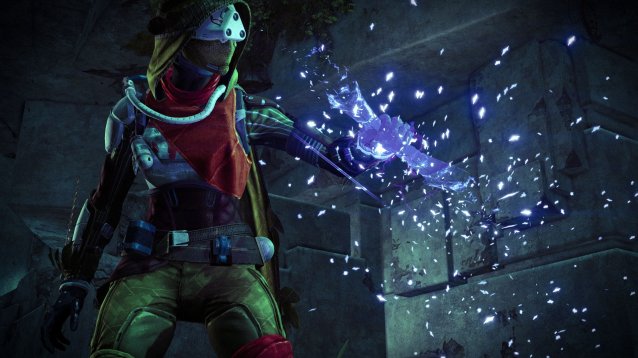 Destiny: The Taken King Guide to Iron Banner
Destiny: The Taken King Guide to Iron Banner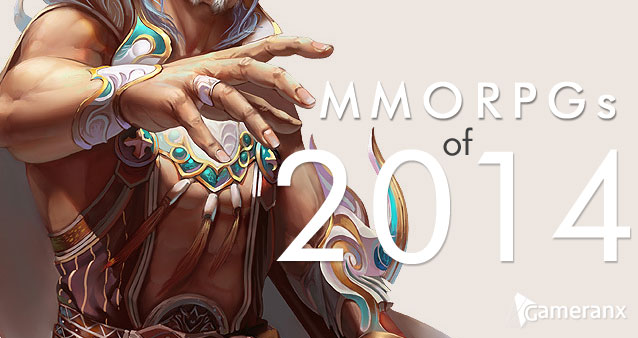 The 16 Best MMORPGs of 2014
The 16 Best MMORPGs of 2014